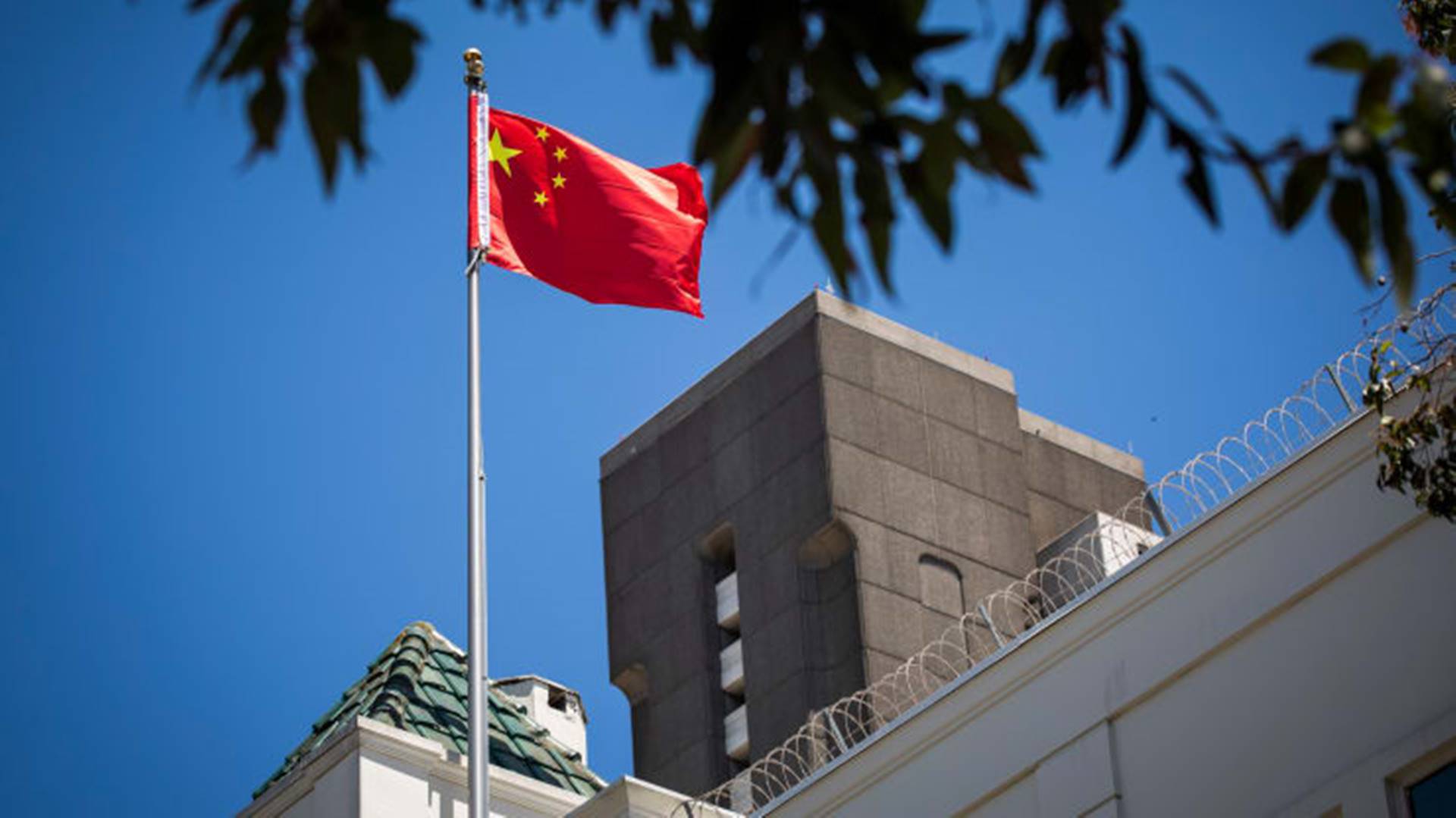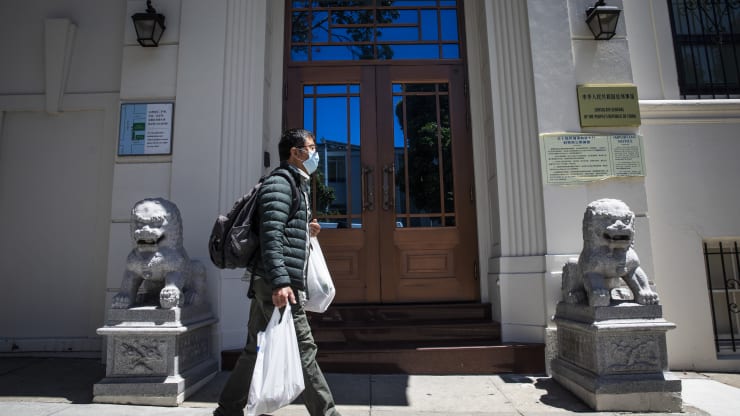WASHINGTON: A researcher who took refuge in the Chinese consulate in San Francisco after allegedly lying to investigators about her Chinese military service was arrested and will appear in court on Monday, according to a senior Justice Department official.
According to court documents unsealed earlier this week in the Eastern District of California, Juan Tang, a researcher at the University of California, Davis, applied for a nonimmigrant J1 visa in October 2019. The visa was issued in November 2019 and Tang entered the United States a month later.
Tang allegedly made fraudulent statements on her visa application by concealing that she served in the Chinese military. The FBI concluded that Tang was a uniformed officer of the People’s Liberation Army Air Force after photographs of her were uncovered on electronic media seized in accordance with a search warrant.
“I won’t discuss the circumstances of the arrest,” said the official, who spoke on the condition of anonymity, adding that the individual did not have diplomatic immunity. The person said that the details of the arrest could be released when the defendant appears before the Eastern District of California court on Monday.
“The issue here is that their true status wasn’t disclosed by visa application,” the official said, adding that the arrest was not a tit-for-tat move as tensions between Washington and Beijing simmer.
On Thursday evening, the FBI arrested Tang, who had avoided arrest by taking refuge in the Chinese Consulate in San Francisco. If convicted, Tang faces a maximum statutory penalty of 10 years in prison and a fine of $250,000.

Philip Pacheco | AFP via Getty Images
Tang’s arrest for alleged visa fraud follows those of three other Chinese researchers in California and Indiana. The arrests were described as “a microcosm of a broader network of individuals in more than 25 cities,” the Justice Department official said.
“By their very nature consulates are a base of operations for foreign governments to the United States, including their intelligence services and it’s understood that there will be some activity here by those services,” the person said.
“But because of their location within the United States and their status of sovereign territory of a foreign country, they can be exploited and the espionage and influence activities run out of a consulate can rise, ultimately to a level that threatens our national security,” the person added.

Philip Pacheco | AFP | Getty Images
The arrests come as tensions between the United States and China soar after a series of tit-for-tat responses between the world’s two largest economies.
On Wednesday, the Trump administration ordered China to close its consulate in Houston. Officials said the move was made to secure U.S. intellectual property and curb Chinese espionage. On Friday, Beijing ordered Washington to close its consulate in the city of Chengdu, in southwest China’s Sichuan province.
China’s Foreign Ministry spokesman, Wang Wenbin, said some U.S. Chengdu consulate personnel were “conducting activities not in line with their identities” and had harmed China’s security interests, but would not elaborate.
A senior State Department official said that the arrests and the closure of the consulate in Houston are about targeting nefarious Chinese activity inside the United States.
“On their decision to close Chengdu, you’re going to have to ask them, the MFA, about how they picked that,” said the person, who spoke on the condition of anonymity referring to the Ministry of Foreign Affairs. The official added that the Trump administration was prepared to deal with second- and third-order effects in the wake of the consulate closure.
This story was updated to reflect that Tang’s scheduled court appearance will be on Monday, July 27.
CNBC / Balkantimes.press
Napomena o autorskim pravima: Dozvoljeno preuzimanje sadržaja isključivo uz navođenje linka prema stranici našeg portala sa koje je sadržaj preuzet. Stavovi izraženi u ovom tekstu autorovi su i ne odražavaju nužno uredničku politiku The Balkantimes Press.
Copyright Notice: It is allowed to download the content only by providing a link to the page of our portal from which the content was downloaded. The views expressed in this text are those of the authors and do not necessarily reflect the editorial policies of The Balkantimes Press.
